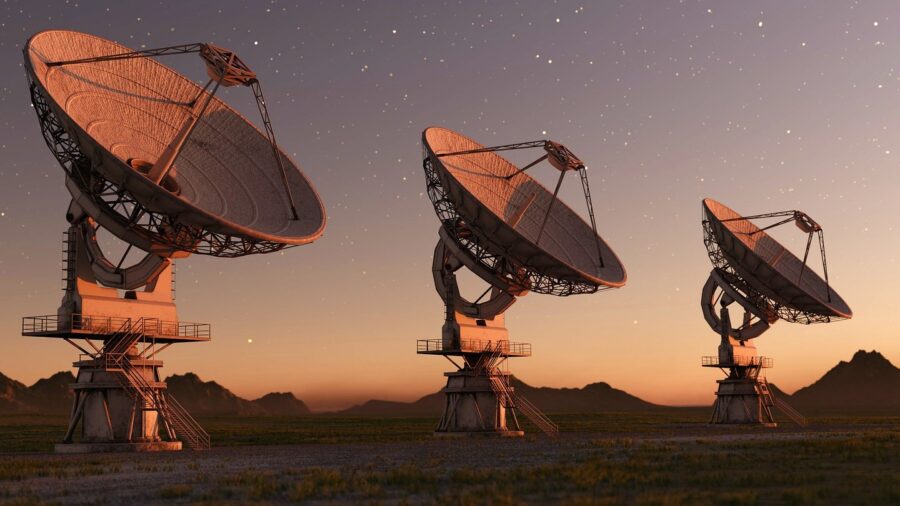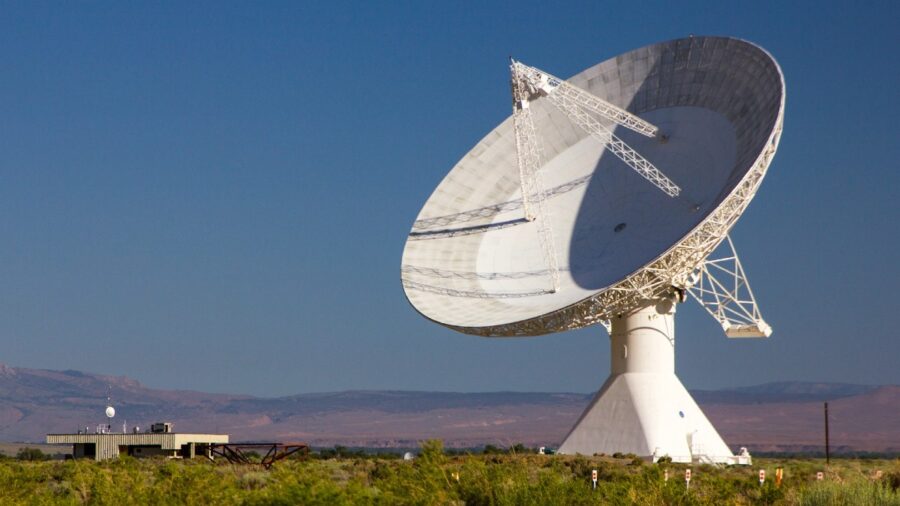Radio Signals From Space Keep Repeating And Now We’ve Found Even More
Repeating radio signals from outer space are being discovered more frequently, and their origins remain a mystery.

Over the years, shows like The X-Files and Star Trek: The Next Generation caused us to look at the stars and dream of communicating with aliens. However, what if the aliens were contacting us and we didn’t know what they were saying? That is one possibility we must consider thanks to a recent Science Alert report that we’ve found even more repeating radio signals from space whose exact origin and purpose have not been determined.
On any given day, we pick up countless radio signals from space, and this may include gravitational waves and gamma-ray bursts (and before you ask, no…these rays won’t transform you into the Hulk). But the type of bursts that we are focusing on are fast radio bursts, or FRBs. On any given day, the planet receives approximately one thousand FRBs, but the bursts that have been recently discovered are more significant because they are repeating.
When it comes to these kinds of radio signals from space, only 2.6 percent of FRBs are repeating. We know of one particular repeating FRB that is very consistent, broadcasting every 16.35 days. Other repeating FRBs are broadcast at irregular times, and scientists are still trying to unpack what causes this phenomenon.
It doesn’t help that, when it comes to repeating radio signals from space, there just haven’t been that many to study. Despite how many FRBs hit Earth on a daily basis, we have only been able to identify a thousand over time, and of those, only 29 were previously known to be repeating. But thanks to the hard work of the Canadian Hydrogen Intensity Mapping Experiment (or CHIME), 25 new repeating FRBs have been discovered, nearly doubling how many scientists can now study.
What was CHIME’s secret when it came to detecting these new repeating radio signals from space? In short, they developed a new clustering algorithm that builds off the information they have gathered before about other FRBs and their locations. However, some of what they discovered about these new repeating signals led to more questions that science does not yet have the answer to.

For example, CHIME discovered that some of the repeating radio signals from space are much more inactive than they first imagined. Some of them are almost as inactive as FRBs that have only been detected once. This means that the team must now consider that some (perhaps many) of the FRBs they have discovered are actually repeating but have simply not gotten around to a repeat burst just yet.
While all of us are crossing our fingers for messages from distant planets (maybe we can get our own Vulcan visitors like on Star Trek), we’re mostly focusing on just how cool it is that we have such advanced technology to discover repeating radio signals from space. There are active plans to colonize the moon and even Mars, but it seems like those ambitious goals are so far away they might not happen in our lifetimes. But as these signals remind us, we might just be one algorithm away from changing our understanding of the universe as we know it, and that’s pretty damn cool on its own.












